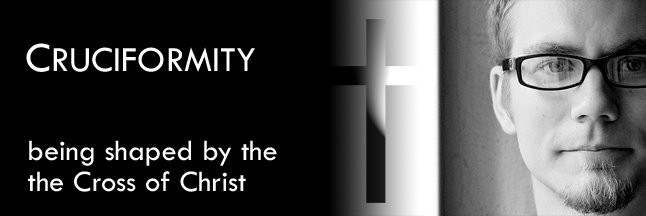On to my actual post...

Have you ever been exposed to a pyramid scheme?
I remember when they were all the rage while I was in high school. My stepmother got involved in one. Basically here's the principle. Under the guise of some business (like selling chocolates or something), you try to sign people up to buy into the business (say, $50 to get in). By selling chocolates you make money, but not much. The real money comes in when you sign other people up into this business, too. So, when they sign up with their $50, the company will give you say $30 of that money. And if THEY sign people up, you even get a portion of that money, too.
It's complicated.
The idea is to sign people up, who will sign people up, who will sign people up. The more people underneath you the more money you make (much like the Vampires application that was all the rage on Facebook for a while).
The problem with these schemes is that money isn't made from the actual product. It's made from signing people up, which is illegal... which is why they use the guise of some product like selling chocolates.
But isn't this a little bit like how we do evangelism today?
According to Pagan Christianity the Church made a major shift in thinking and practice around the 1700s. Whereas beforehand the focus was on being the Church of Jesus Christ, that focus shifted into bringing others into that Church.
Before I continue, please don't misunderstand me and think I am against evangelism, or that I do not think it should be a priority. However, I do think that making it the priority is both unbiblical and dangerous.
Let me explain. Charles Finney, the man who invented "praying Jesus into your heart," was also the one who set up winning converts as the Church's ultimate goal. Look at many churches today and you can see that is still the current trend. Churches have done all they can to make the assembly convenient, entertaining, emotional, and individualistic in focus. This is to appeal to others, so we get more through the door.
Common church practice today preaches this message loud and clear:
Church attendance = Church growth
Or does it?
The problem about making evangelism our main priority is that we place more emphasis on winning converts than what it is they're being converted to. Like pyramid schemes, we're guilty of doing nothing more than spreading spreadness. The focus isn't on the actual product, but just getting more people in on it.
It is possible to "respond" to the gospel by belief and baptism yet have a completely untransformed life. This is a problem. We have millions in the United States who claim to believe in Jesus in one way or another, yet their lives mirror that belief in no visible way.
Could this be because we have so elevated becoming converted that we have left out emphasizing what they're being converted to, namely, the Gospel?
This summer I worked with a man, who, when he baptized people into Christ did not take the typical confession. Instead of asking, "do you believe Jesus Christ is the Son of God?" he would ask, "will you follow Jesus for the rest of your life?"
It's a different emphasis, isn't it?
Jesus didn't just ask for us to go out and make converts. He asked us to make disciples, people who would try to pattern absolutely every aspect of their lives after Himself. Regardless of what I'm ever paid for, my full-time job is to be more like Christ. Not just believe in Him.
The idea that "as long as it converts people let's do it" is a scary one. Just look at everything we do. Begin to question why a church would spend $5 million on a building and people are up in arms. "We use this building to reach more people! If we didn't have this building we might not have as many people." My blunt question in response is this:
So what?
We have made evangelism priority number one. By the way, when I say "evangelism" I don't mean Biblical evangelism. I mean calling people to an emotional and impulsive response to have a religious experience and ascribe to a set of beliefs. This is not Biblical, but evangelical.
In making it number one, we have justified using God's money for plenty of things that really have nothing to do with the Kingdom of Christ. Big bands, lights, dynamic preachers, expensive church buildings, the "health and wealth" gospel and a myriad of other things are all focused on one thing: bringing in more people.
But this is all so contrary to Jesus' example. I don't think He was much concerned with converting everyone He saw. Jesus was concerned with the Kingdom, and bringing those who were willing into it. But He never pressured people into it. When the rich man went away sad because Jesus told him to sell everything, Jesus never went after him. When Jesus talked about eating His flesh and drinking His blood, lots of people left Him. We never see Him running after them saying, "Wait a minute, I just meant what's going to happen at the cross! And oh yeah, in my Kingdom you'll have lots of blessings and you won't go to Hell!"
He just let them go.
Instead, Jesus focused on training 12 men to be under God's Kingdom in every aspect of their lives.
Jesus' focus was quality, not quantity. Yet, common church practice does not follow His example. In fact, it's opposite.Could it be that we're spreading spreadness, instead of Christ's Gospel? And could it be that we have left out the serious implications this Gospel gives in daily life?
We need to examine why we do what we do and not just blindly follow common church tradition.
Thoughts?

























